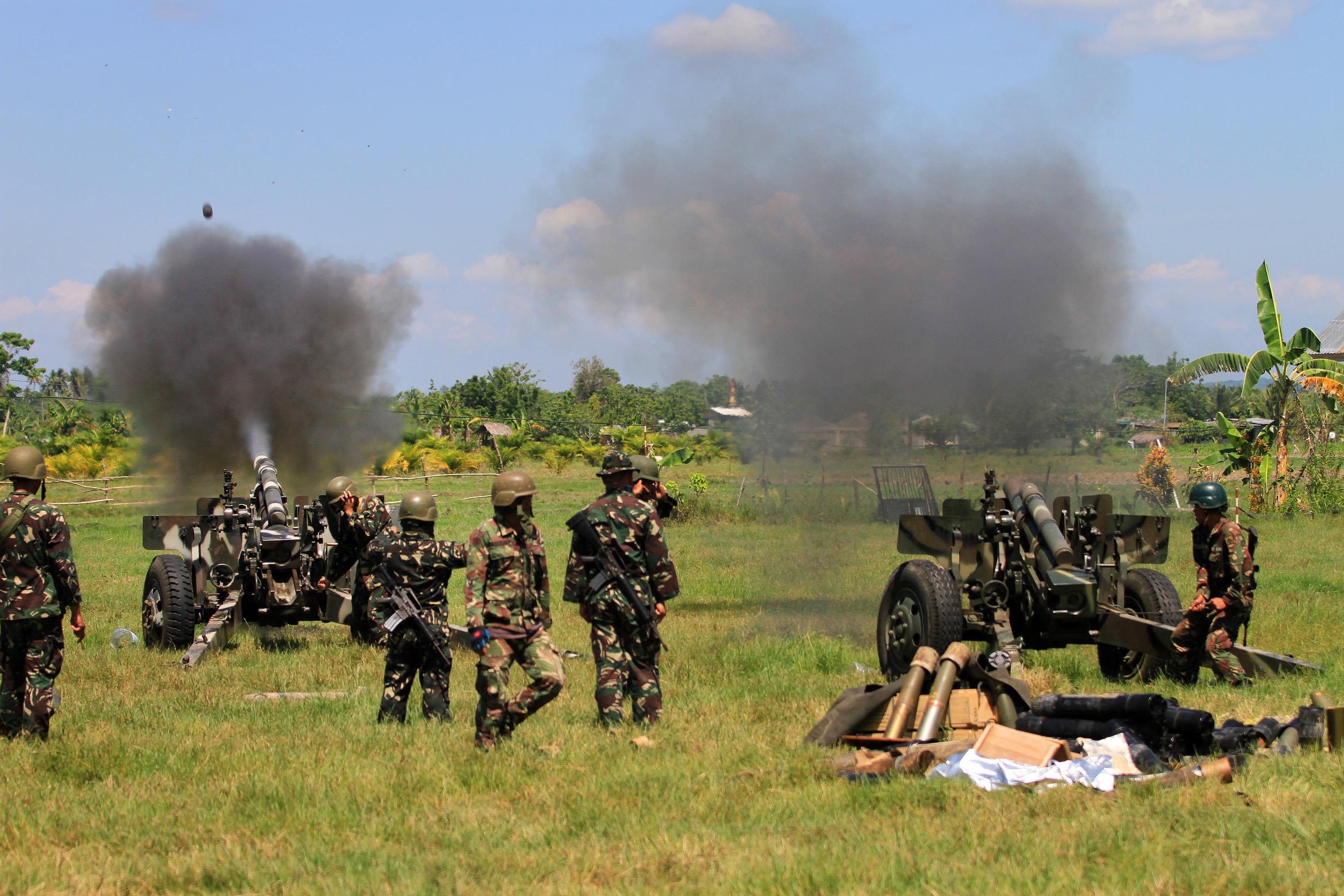The Philippine government faces challenges implementing an accord aimed at ending decades of conflict in resource-rich Mindanao, with the risk of violence from Muslim rebel groups not included in the deal and private armies in the area.
An independent body will conduct a census of rebels, inventory their weapons and schedule the phasing out of arms over the next two years, during which programs will be put in place to help fighters move to civilian life, according to the agreement signed Jan. 25 by the government and Moro Islamic Liberation Front in Kuala Lumpur.
Ending one of Southeast Asia's most entrenched conflicts could mark a key legacy for President Benigno Aquino, with four decades of insurgency killing as many as 200,000 people and stifling development of the southern region. Still, implementing the accord is "easier said than done" given rival rebel groups and private armies operating in the area, said Rommel Banlaoi, executive director of the Philippine Institute for Peace, Violence and Terrorism Research.



















With your current subscription plan you can comment on stories. However, before writing your first comment, please create a display name in the Profile section of your subscriber account page.